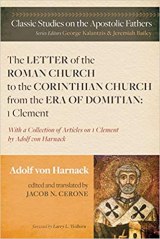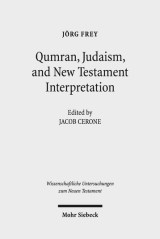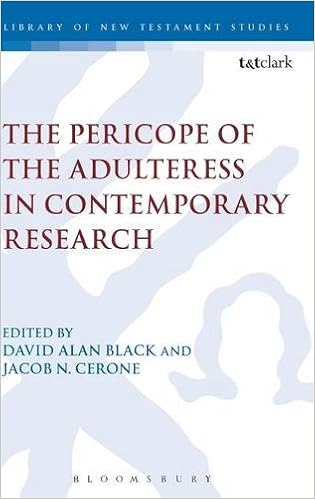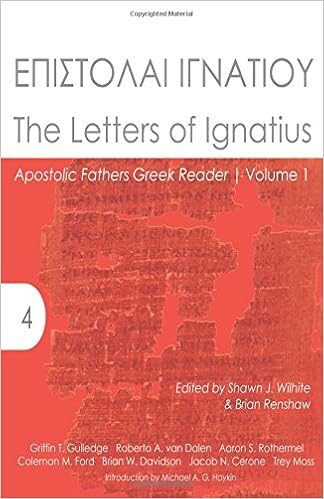 This afternoon I had the distinct privilege of sitting in on Dr. Thomas Hudgins‘ presentation to an EdD cohort at Southeastern. Thomas talked about his dissertation, Luke 6:40 and the Theme of Likeness Education in the New Testament. Thomas argued that likeness education cannot be understood purely in terms of content transfer. That is say, Christian education does not take place simply when information is disseminated. God calls each of us to make apprentices (disciples). What does it look like to make an apprentice? Paul’s description of his relationship with Timothy gives us an idea: “You, however, have followed my teaching, my conduct, my aim in life, my faith, my patience, my love, my steadfastness, my persecutions and sufferings . . .” (2 Tim 3:10-11; ESV). Thomas argued that likeness education includes imitation of one’s teacher in these areas:
This afternoon I had the distinct privilege of sitting in on Dr. Thomas Hudgins‘ presentation to an EdD cohort at Southeastern. Thomas talked about his dissertation, Luke 6:40 and the Theme of Likeness Education in the New Testament. Thomas argued that likeness education cannot be understood purely in terms of content transfer. That is say, Christian education does not take place simply when information is disseminated. God calls each of us to make apprentices (disciples). What does it look like to make an apprentice? Paul’s description of his relationship with Timothy gives us an idea: “You, however, have followed my teaching, my conduct, my aim in life, my faith, my patience, my love, my steadfastness, my persecutions and sufferings . . .” (2 Tim 3:10-11; ESV). Thomas argued that likeness education includes imitation of one’s teacher in these areas:
- teaching
- conduct
- purpose in life
- faith(fulness)
- patience
- love
- persecutions and sufferings
These various facets of likeness education are brought to bear on how we are to understand education throughout Luke, Acts, and the broader New Testament concept of the master-apprentice/teacher-student relationship.
It was clear in the presentation that Thomas has imitated his mentor, and is living a life that is worthy of imitation. Thank you, Thomas, for you excellent reminder that our goal in education is to become more like Christ.
 By the way, Thomas’ dissertation has recently been published by Wipf and Stock. Having read it and learned much from it, I readily recommend you pick up a copy. It will serve as a gentle but necessary rebuke that all scholars, seminarians, and Christians need to hear: Behold Christ, and become like him.
By the way, Thomas’ dissertation has recently been published by Wipf and Stock. Having read it and learned much from it, I readily recommend you pick up a copy. It will serve as a gentle but necessary rebuke that all scholars, seminarians, and Christians need to hear: Behold Christ, and become like him.









Thank you for highlighting this book – looks like it could be a very interesting read. Out of curiosity, does he interact with Rene Girard’s work on mimetic desire? Also, does he converse at all with the Lutheran/Reformed Orthodox aversion to the imitatio christi tradition? I find your blog quite helpful and informative – keep up the good work!
I don’t think he interacts with either, though Thomas may correct me on this.